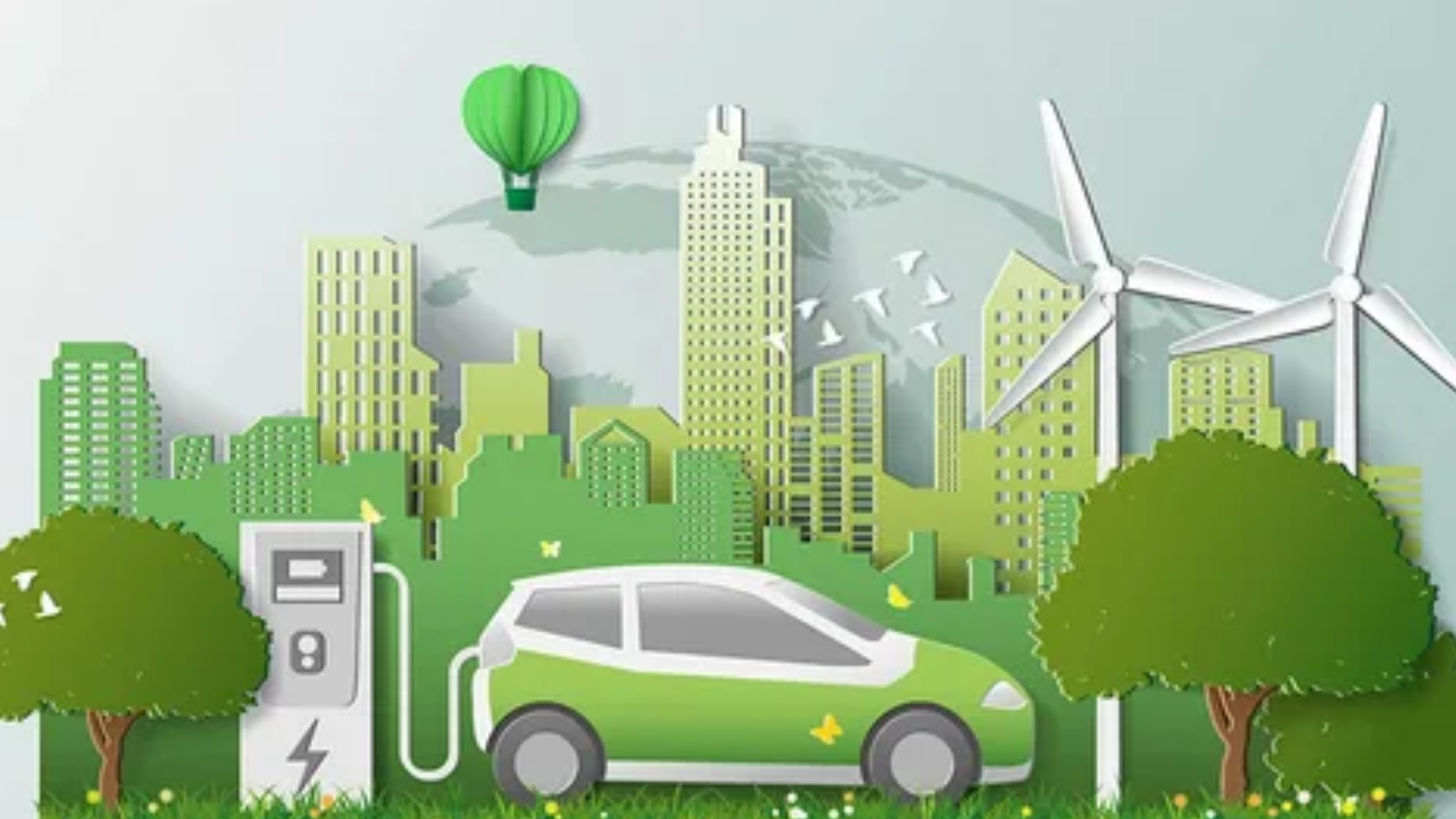Choosing a car is like picking a dessert at an all-you-can-eat buffet: overwhelming, exciting, and slightly stressful if you’re watching your wallet (or your carbon footprint). Hybrid and electric cars are the modern, sophisticated, and highly sought-after options in the automotive world. But which one should you pick? Grab a cup of coffee (or your favorite charging cable), and let’s break it down.
What Are Hybrid and Electric Cars?
Before diving into the pros and cons, let’s first understand what these cars actually are. Think of it as meeting your dates before deciding who’s worthy of a second dinner.
Hybrid Cars
Hybrid cars use a combination of a traditional gasoline engine and an electric motor. The electric motor handles some of the workload, reducing fuel consumption and emissions. It’s like having two coworkers: one does most of the work (gas engine), and the other shows up occasionally to “help” (electric motor).
Electric Cars (EVs)
On the other hand, electric cars are exceptional vehicles that require no gas. They run entirely on electricity, powered by a rechargeable battery. There are no gas stations or oil changes involved—just pure, eco-friendly vibes.
Pros and Cons: A Juicy Showdown
Let’s compare hybrid and electric cars based on various aspects. This is where things start to get interesting (and perhaps a little dramatic).
1. Fuel Efficiency and Cost Savings
- Hybrid Cars
- Pros:
- It boasts exceptional fuel efficiency when compared to conventional cars.
- This is ideal for extended journeys where the availability of charging stations may be limited.
- You still get the option to use gas if the electric motor takes a nap.
- Cons:
- You still need to buy gas.
- Dual systems can lead to higher maintenance costs.
- Pros:
- Electric Cars
- Pros:
- No more gas stations! You can smugly wave at them as you drive past.
- Lower “fuel” costs—charging is usually cheaper than filling up.
- Many regions offer tax incentives and rebates. Yes, the government finally pays you.
- Cons:
- Charging takes longer than a quick gas station stop.
- Range anxiety is real. A dead battery can leave anyone stranded.
- Pros:
2. Environmental impact
- Hybrid Cars
- Pros:
- Lower emissions than traditional cars.
- This is a step in the right direction for the eco-conscious.
- Cons:
- It continues to release greenhouse gases, albeit at a reduced rate.
- When you use gasoline, you remain dependent on fossil fuels.
- Pros:
- Electric Cars
- Pros:
- Zero emissions during operation. Mother Earth sends her thanks.
- The potential to use renewable energy for charging exists.
- Cons:
- Battery production has a significant environmental impact.
- Where does your electricity come from? If it’s coal, the eco-benefits drop.
- Pros:
3. Performance and driving experience.
- Hybrid Cars
- Pros:
- Smooth transition between gas and electric power.
- Regenerative braking makes it ideal for stop-and-go traffic.
- Cons:
- Acceleration can feel a bit sluggish compared to EVs.
- Sometimes the engine sounds like it’s trying too hard. Chill out, buddy.
- Pros:
- Electric Cars
- Pros:
- Instant torque = quick acceleration. You’ll feel like a race car driver at every green light.
- Quiet as a whisper. Say goodbye to engine noise.
- Cons:
- Might be too quiet. Pedestrians might not hear you coming (awkward).
- Heavy batteries can affect handling.
- Pros:
4. Cost and maintenance.
This is where things get real, as nobody enjoys receiving unexpected bills.
- Hybrid Cars
- Pros:
- Generally cheaper upfront than electric cars.
- Familiar technology for mechanics.
- Cons:
- Dual systems equate to an increased number of parts susceptible to failure.
- Battery replacements are expensive.
- Pros:
- Electric Cars
- Pros:
- There are fewer moving parts, which implies there are fewer issues to fix.
- You don’t need to worry about oil changes, spark plugs, or exhaust systems.
- Cons:
- Expensive upfront cost. Who knew that saving the planet would cost so much?
- Battery replacement can be a wallet-crusher.
- Pros:
A handy table for quick comparison
| Feature | Hybrid Cars | Electric Cars |
|---|---|---|
| Fuel Type | Gasoline + Electric | Electric Only |
| Emissions | Lower than gas cars | Zero during operation |
| Range | Long | Limited (varies by model) |
| Maintenance | Moderate | Low |
| Charging Infrastructure | Not needed | Required |
| Cost | Cheaper upfront | Higher upfront |
What’s the Verdict?
So, should you go hybrid or full electric? The answer depends on your lifestyle, budget, and how much you enjoy silently judging gas-guzzlers.
Choose Hybrid If:
- You take frequent long trips.
- You’re not ready to fully commit to electric.
- Charging stations in your area are as rare as a unicorn sighting.
Choose Electric If:
- You want to go all-in on sustainability.
- You mostly drive in the city or short distances.
- You have access to home or workplace charging.
Tips for Potential Buyers
- Do Your Homework: Research models, charging infrastructure, and costs.
- Test Drive: Experience the feel of both types before deciding.
- Plan for Charging: If you’re going electric, consider where and how you’ll charge.
- Think Long-Term: Consider the total cost of ownership, not just the sticker price.
Final Thoughts
Hybrid and electric cars are reshaping the way we drive, and both offer unique benefits and challenges. Think of hybrids as the middle child: reliable and balanced. Electric cars, on the other hand, are the youngest sibling: full of potential but demanding attention (and charging).
Whatever you choose, remember that every step toward reducing emissions is a win for the planet. So buckle up, pick your eco-friendly chariot, and drive into a greener future with confidence — and maybe a little bit of sass.
